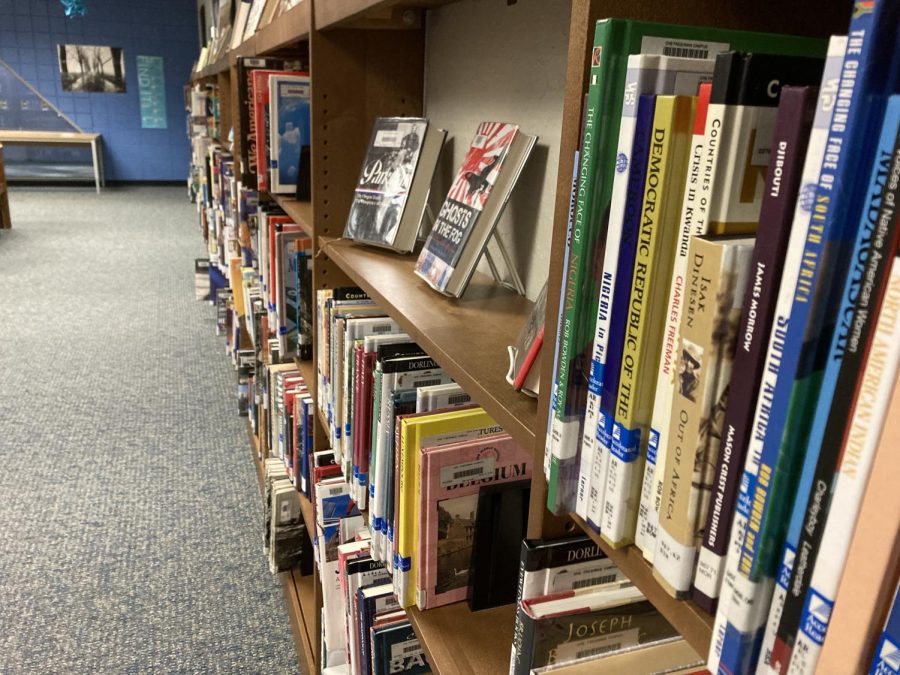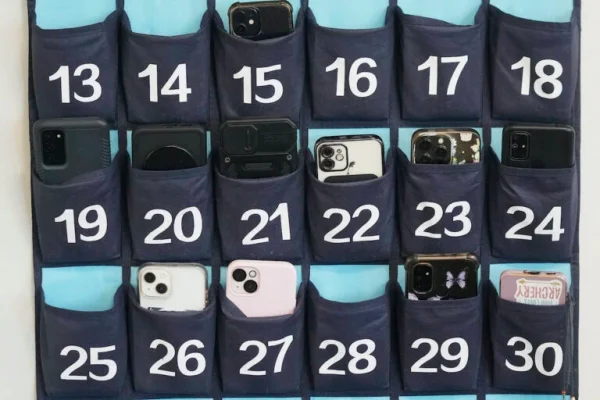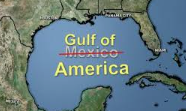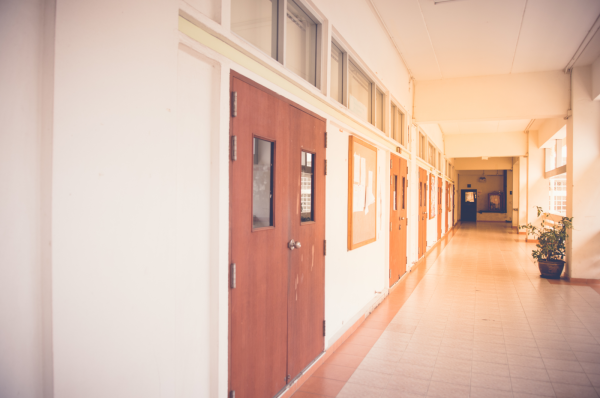Banning Books- A Villain’s Game
During the Holocaust, Nazis burned books if they had anything to do with Jewish topics or things that went against their motives or ideologies. This may sound like something horrendous, something that is only realistic under a tyrannical government, and something that could never happen in America.
Now think about the reasoning. No, I’m not telling you to think like a Nazi, but stay with me for just a minute more. The reason that the Nazis burned books was that there were things in the literature that the German forces didn’t believe in, and therefore, they had to get rid of them.
Book bans done through schools have similar motives. Books on the banning lists are taken out of the curriculum, removed from libraries, and are otherwise wiped off of the face of the earth for any of those kids because parents and administration believe that the topics covered may not be suitable for the children and teens reading them.
The list of books that have made the bannable list goes on for quite a while, including classic titles like To Kill a Mockingbird, Catcher in the Rye, The Bluest Eye, 1984, One Flew Over the Cuckoo’s Nest, Animal Farm, Lord of the Flies, Thirteen Reasons Why, The Great Gatsby, Fahrenheit 451, The Grapes of Wrath, Harry Potter, Lord of the Rings, Hunger Games, and Perks of Being a Wallflower to name just a few.
These are all books that many people can name by title, and students may have seen these works in Carroll’s library, or on teacher’s shelves.
Books are a way for kids to learn and understand hard concepts for themselves while interpreting the text in a way that fits them best.
Therefore schools shouldn’t tear that away.
The frustrating thing about all of this is, the administrators, school boards, and parents are banning the books. The adults, not the kids.
In most of these cases, the kids have little say in it.
For example, an ABC News study interviewed administrators and people in a school system in Texas, about why they wanted to ban certain books, and the texts are as followed.
A statement was made about a story called Woke, a collection of poems by people of color that covers topics about justice and equality.
“A dad in Grapevine, a Dallas suburb, asked his child’s school district to ban this book, a collection of poems by women of color on topics relating to social justice, activism and discrimination, because, he said, it promotes ‘terrorism.’”
Based on the sounds of this, it seems that this claim was made by a parent, with their children’s best interest in mind, who thought that a book about equality was promoting terrorism. This probably sounds like a problem between that parent and the administration, right?
However, this seems to be a common theme between parents, administrations, and school boards all over the country.
For example, books that contain LGBTQ+ material are more likely to be flagged, as the parents are afraid that the children reading them will, ‘begin to question their sexual orientation without even knowing what that means.’
Now as a student, I may be biased to this, but if a parent has a problem with a certain book, I believe that they should simply not let their kid read that book, instead of attempting to ban it for everyone.
Or, here’s an idea, teach your kid about those topics, so when they read something about sexual orientation, for example, they won’t be confused because of the unknown.
Schools shouldn’t ban books, as it narrows the ability for kids to experience new things in a consistent environment. Compared to social media, written literature is a more stable and unchanging way to learn about things that affect the children and teens who come across it.
The schools that are banning books, mainly in Texas, are also discriminating against people who have a rightful place in literature as anyone.
Many of the interviews done by ABC talked to parents who opposed books about LGBTQ+ characters, people of color, or books that were written from a point of view that made a specific group of Americans look bad unintentionally, as well as books that included intense violence, rape, or sexual content.
Through this kind of ban, Americans are discriminating against others, and this is not something that should be continued. Minorities tend to be challenged anyway, and why would schools want to discriminate against their students even more than they already could be in modern society?
Schools are supposed to be a place of acceptance, and a place that kids can go to in order to feel good about themselves and to meet people like them. If they ban books with specific people and topics in them, the children and teens will think that they don’t belong.
That isn’t what school is supposed to be about.
Schools cannot ban books. Not only are they a reliable way to learn about worlds, real and fictional, but they also give children another way to fit in, as reading about book characters who are in similar situations as yourself is a way to feel valid and understood.
In the words of Ray Bradbury, the author of the banned book Fahrenheit 451,
“A book is a loaded gun in the house next door…. Who knows who might be the target of a well-read man.”
I don’t want to picture a world without books, and yet that isn’t the worst part.
The scariest part is how close that world could be.

Madison is a 15 and a freshman, and she is excited about the opportunity that people will get to read her writing through this website. She enjoys reading,...








